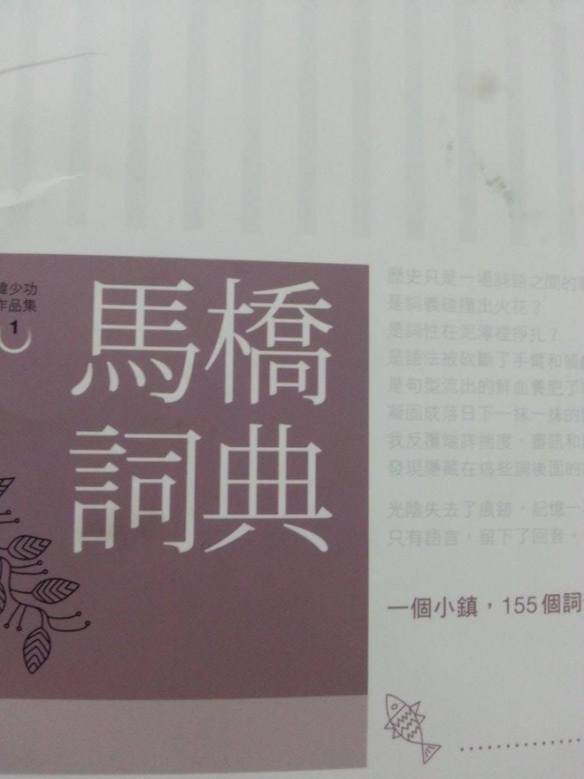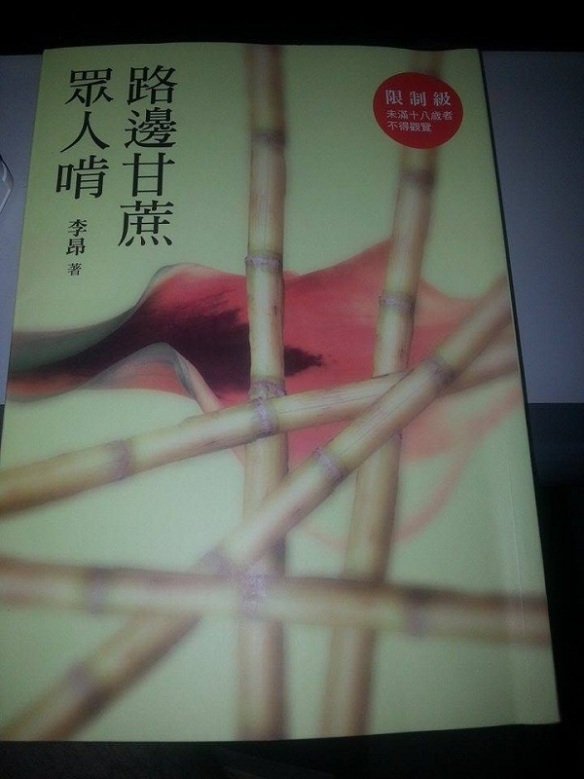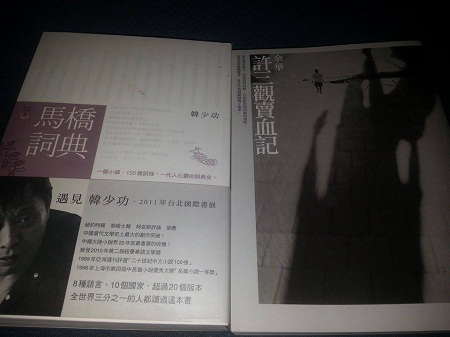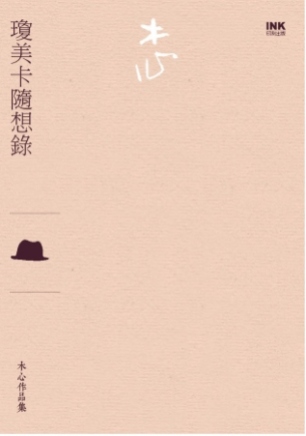[Spoiler Alert]

For most people, the world of gambling either conjures up glamourous Hollywood movies, like James Bond and Ocean’s 11, or grimy old men in bookkeeper shops betting on the horses. This novel by Yan Geling gives us a mixture here by portraying the stories of big rollers in China, but lifting up their masks and exposing the grubby little men lying beneath, body odor and all.
We’re introduced to the protagonist, a middle-aged single mother living in Macau called Xiao’ou, through a story of how gambling runs in her blood, with the tragic tale of her male ancestor’s addiction. This eventually led to him taking his life and, as a result, his wife became obsessed with wiping out the male line of her family to ensure the defective gambling gene wasn’t passed down.
From there we jump to Xiao’ou’s current job as a junket operator/bate-ficha (壘碼仔/ Cantonese: daap6 ma5 zai2) in Macau; basically, these are the middlemen who bring high-rollers into casinos. Topically enough, while I was penning this review, this story emerged, giving an insight into the real world goings-on behind this fictional account.
We gradually come to learn that despite her supposed scorn for gamblers, Xiao’ou is gambling by proxy, in that she borrows money from the casino on behalf of her clients, and then has to chase up the money with them after paying the casino back on their behalf. She also offers clients the option to treble or quadruple the actual chips on the table, in an under-the-table bet with her, which makes the stakes even higher. Many are subsequently unable to pay and she risks losing big if other debtors collect from the clients before she can.






